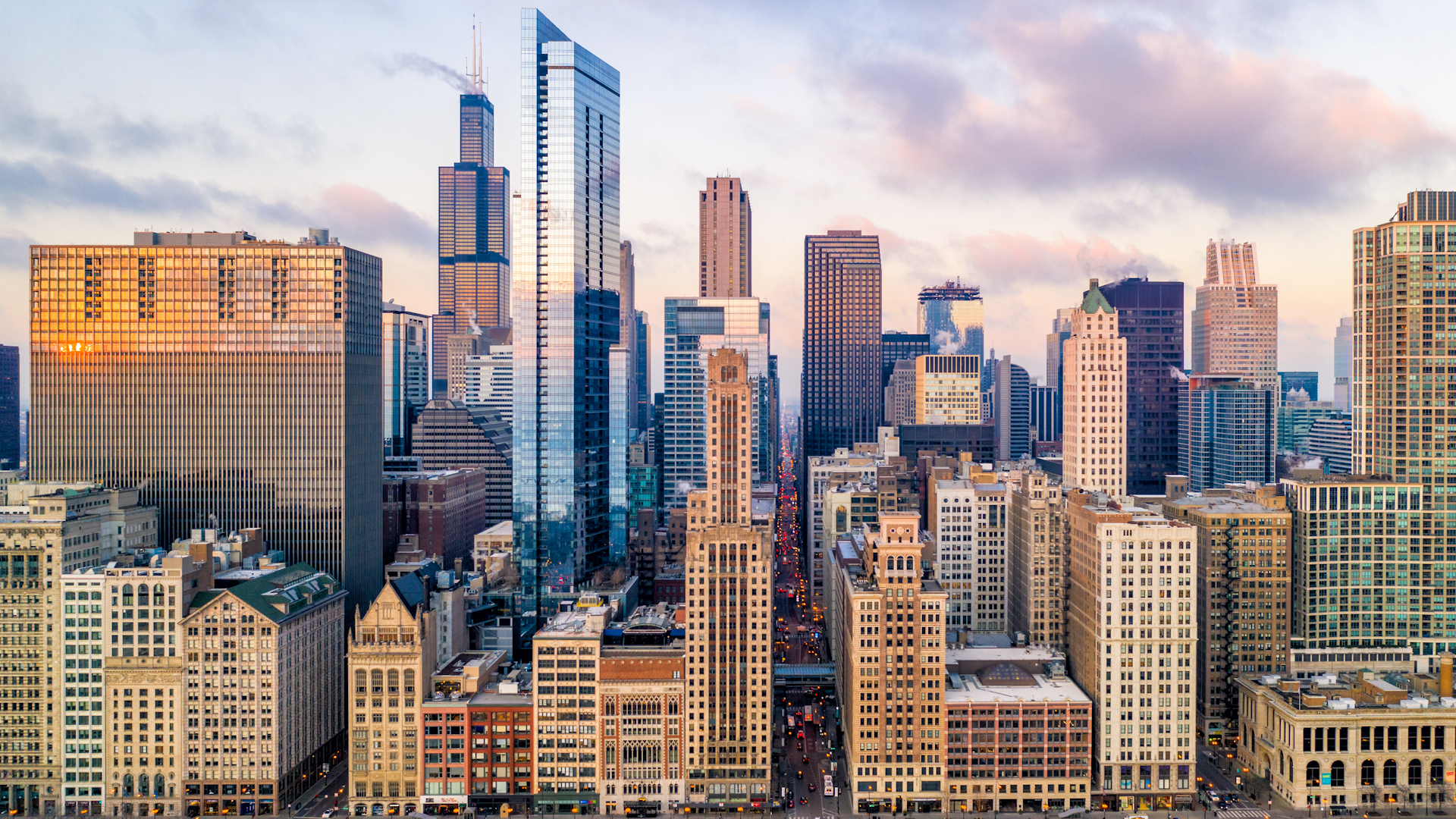
Study says a ‘silent hazard’ of heat is sinking one of America’s largest cities
Jul 13, 2023
By Mahmoud Bennett (Reporter/Producer)
Media Landscape
This story is a Media Miss by the right as only 0% of the coverage is from right leaning media.
Learn more about this dataLeft 50%
Center 50%
Right 0%
Bias Distribution
Far
Left
+0
Click to close
Left
+0
Click to close
Lean
Right
+0
Click to close
Right
+0
Click to close
Far
Right
+0
Click to close
Untracked Bias
3 other sources covering this story
Total News Sources
3
Leaning Left
1
Center
1
Leaning Right
0
Last Updated
10 months ago
A group of scientists are warning about a “silent hazard” around climate change that could impact some of America’s largest cities in the coming decades. In a new study, a team from Northwestern University found that excessive underground heat is causing buildings in Chicago to sink.
The team called the phenomenon “underground climate change.”
Using over 150 temperature sensors both above and below the surface of Chicago’s Loop District, Dr. Alessandro F. Rotta Loria and his team found that since 1951, the ground between Chicago’s city surface and the bedrock has warmed by an average of 5.6 degrees Fahrenheit, resulting in ground deformation.
The study was published in the journal Communications Engineering.
The study further stated that near some heat sources, the ground beneath Chicagoans’ feet has warmed by 27 degrees Fahrenheit, which has caused layers of earthen to swell, contract, sink and crack.
There is no immediate threat of buildings collapsing. The researchers projections however indicate buildings in Chicago could sink by as much as 8 millimeters by 2051.
While this may appear subtle, the team emphasizes that it is sufficient to create problems in the future.
“The ground is deforming as a result of temperature variations, and no existing civil structure or infrastructure is designed to withstand these variations,” Loria said in a press release. “Although this phenomenon is not dangerous for people’s safety necessarily, it will affect the normal day-to-day operations of foundation systems and civil infrastructure at large.”
The study cited two recommendations that could help mitigate the effects of underground climate change.
First, it suggests improving thermal insulation on both new and existing buildings to limit the amount of heat entering the ground.
Additionally, the researchers hope that waste heat can eventually be recaptured with the right technology and utilized as an energy source.
Other cities around the world are also reported to be sinking, albeit for other reasons.
Experts warn that one-third of Jakarta, Indonesia, could be submerged underwater by 2050, primarily due to excessive groundwater extraction.
Meanwhile, a study published in May revealed that New York City is sinking at a rate of 1-2 millimeters per year under the immense weight of its concrete, metal, and glass structures.
Related Stories
Media Landscape
This story is a Media Miss by the right as only 0% of the coverage is from right leaning media.
Learn more about this dataLeft 50%
Center 50%
Right 0%
Bias Distribution
Far
Left
+0
Click to close
Left
+0
Click to close
Lean
Right
+0
Click to close
Right
+0
Click to close
Far
Right
+0
Click to close
Untracked Bias
3 other sources covering this story
Total News Sources
3
Leaning Left
1
Center
1
Leaning Right
0
Last Updated
10 months ago
Unbiased news.
Directly to
your inbox.
Free!
MOST POPULAR
-
 Getty Images
Getty Images
Harvey Weinstein’s rape conviction overturned, victims could see new trial
Watch 2:13
Thursday
-
 Getty Images
Getty Images
Pythons decimate Florida’s wildlife, is eating them the answer?
Watch 2:04
Tuesday
-
 Getty Images
Getty Images
Trump could lose Secret Service protection if found guilty
Watch 2:10
Tuesday
-
 AP Images
AP Images
Argentina asks to join NATO as Milei looks to enhance security, strengthen ties
Watch 1:57
Apr 19
